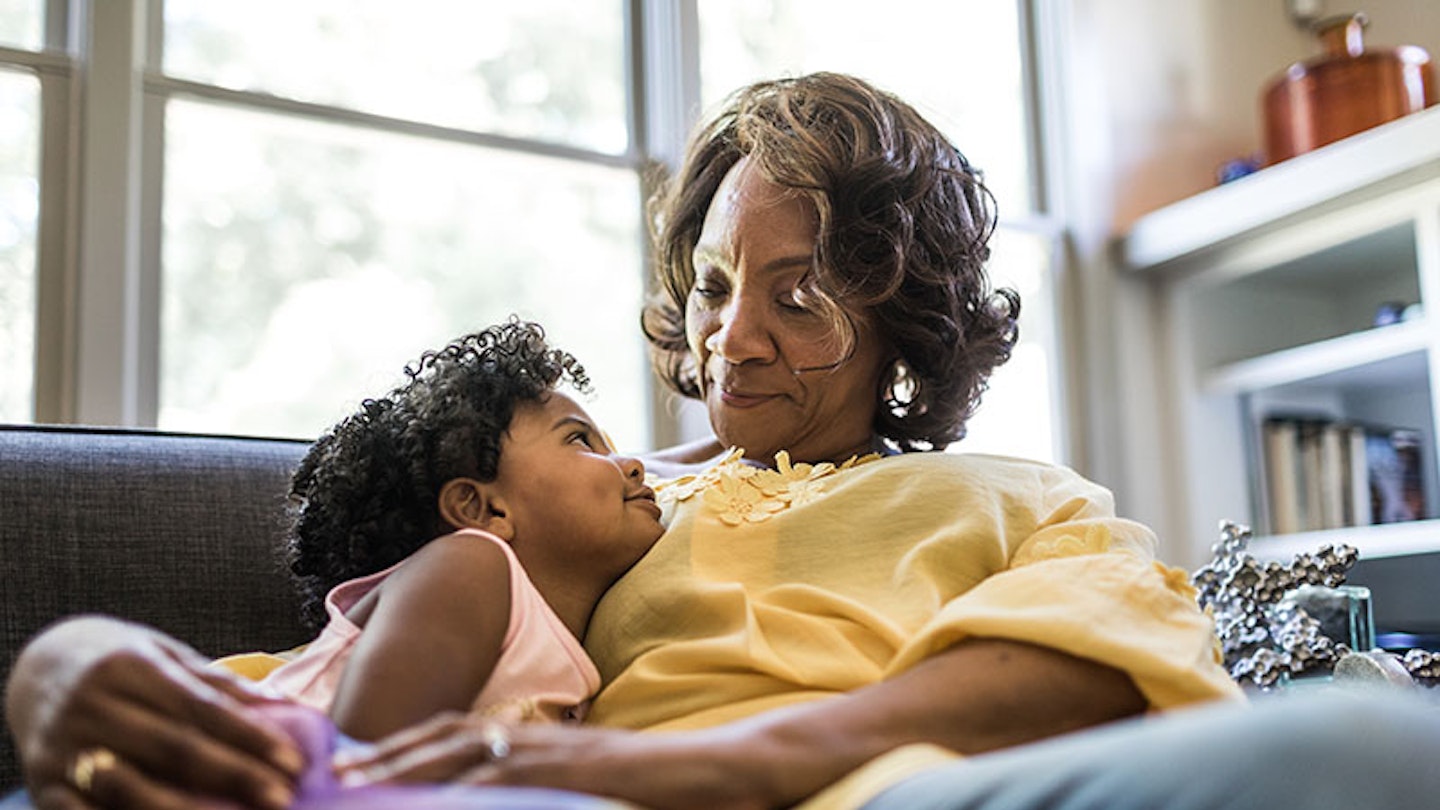The presence of coronavirus seems to be presenting dilemmas at every turn for all of us. When it comes to parenting, Boris Johnson’s unprecedented announcement that schools and nurseries will close created a whole load more. What are my rights? How do I keep a kamikaze toddler in a one-bed flat for months? Will I ever get any work done?
Earlier this week, in his daily press conference, Prime Minister Johnson specifically called on parents who are now working from home (and aren’t key workers, whose children schools and nurseries are expected to continue caring for) not to turn to grandparents, saying: ‘Children should not be left with older grandparents or older relatives who may be particularly vulnerable.’
But what if the grandparents aren't 'older' or 'particularly vulnerable'? It seems yet again, the answers given just bring more questions.
We’ve heard – importantly – time and again that those over 70 and with underlying health conditions are more likely to be badly affected by Covid-19. We now know the social isolation measures we’re supposed to take if anyone in the home is symptomatic – and the social-distancing methods that will help ‘flatten the curve’ and ultimately help all members of society.
So, one very specific dilemma has arisen amongst many WFH parents I know – whether, with all of that in mind, it is safe to use grandparents for childcare if no one in either household is symptomatic, they’re under 70 and have no underlying health conditions. It's especially tempting, of course, if you're a single parent.
‘It’s such a hard one,’ admits Dr Luke Kane. ‘In an ideal world, there wouldn’t be any mixing. That’s what we’re all trying to do, avoid the amount of mixing between different people. So ideally the kids wouldn’t see their grandparents and you wouldn’t see your parents. But obviously we don’t live in a perfect world. That’s the ideal situation, but the reality is, some people do have to find care for their kids so they can continue to work.’
As with the advice given during the closure of schools – and social-distancing in general - it’s not therefore about specific cases, but the increased risk of spreading the disease.
It’s not this illness that only affects old people, it’s a very dangerous disease for everyone.
‘At the moment, kids seem to be quite resilient against the virus, but they can transfer it. So just because the child doesn’t get really sick, it doesn’t mean they can’t transmit the virus to someone that could get really sick,’ says Dr Kane. ‘The disease has been reported as, “It only affects people over 70,” but if you look at people who’ve been dying, it’s also 40- and 50-year-olds with medical conditions. So, it’s not this illness that only affects old people, it’s a very dangerous disease for everyone.’
But there are perhaps ways around it. In one of the WhatsApp groups I’m in, three out of seven us have considered leaving London and moving completely, via car, to our parents’ houses, which are bigger, have gardens and, of course, adoring 24-hour-a-day childcare on tap. If there’s no chance of spreading to others outside of the family, is that an option? It’s something being debated back and forth with friends and family within WhatsApp groups up and down the country.
‘You can do it as sensibly as possible,' says Dr Kane, 'so for example, if you’re going to have [under-70, healthy] grandparents looking after kids, don’t get on the tube every day and commute across the whole of London, or get on a train out to the suburbs. Maybe it makes more sense to drop them off once a week in a car if you can and you only see them once a week. You need to be flexible.’
As with everything then, with us being in unprecedented territory, there aren’t easy specific answers for everyone’s pressing questions.
Dr Kane says he understands the difficulties parents are facing. And the problems millennials are facing in navigating those conversations with parents who are the healthiest 50- and 60-year-olds have ever been in history. Especially when they are fit and well grandparents who are used to providing childcare. Childcare that, ordinarily, week-in, week-out, allows us all to continue in our careers and social lives.
‘I’ve definitely had it with my parents, saying, “We’re fine, we’re fine!”, there’s a bit of resistance from people,’ says Dr Kane. ‘The other day I saw my parents and I said, “Look, I’m not sure when we’re going to see each other again” and that’s pretty heartbreaking stuff. It’s not nice, this isn’t nice, it’s going to be a sacrifice for everyone. But we have to do what’s best for everyone, the whole society and wider picture.’
